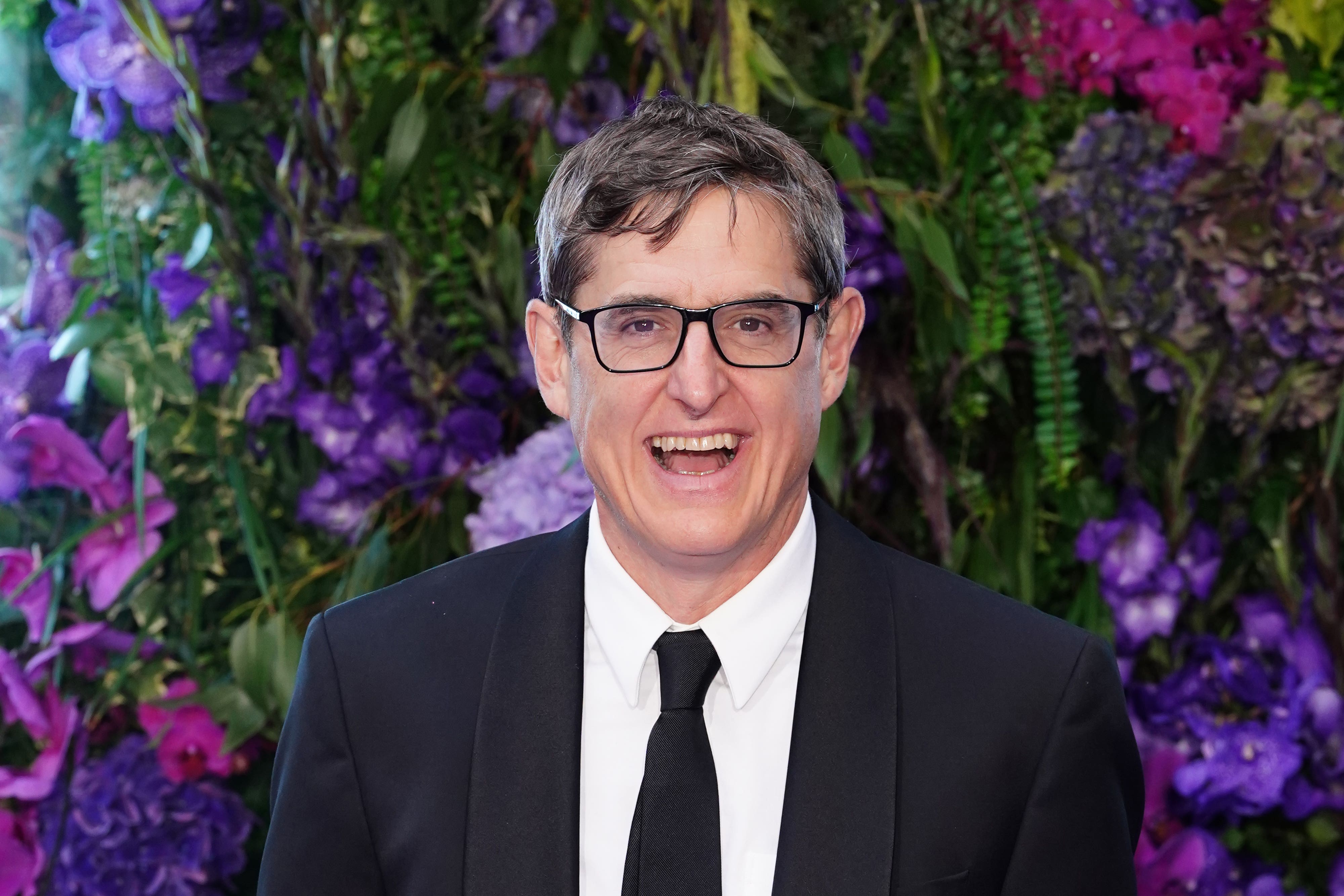Louis Theroux ‘right’ that BBC cannot shy away from difficult topics – BBC boss
Charlotte Moore says the licence fee is there to allow the BBC to ‘take risks’ and explore the ‘moral complexity of the human condition’.

Your support helps us to tell the story
From reproductive rights to climate change to Big Tech, The Independent is on the ground when the story is developing. Whether it's investigating the financials of Elon Musk's pro-Trump PAC or producing our latest documentary, 'The A Word', which shines a light on the American women fighting for reproductive rights, we know how important it is to parse out the facts from the messaging.
At such a critical moment in US history, we need reporters on the ground. Your donation allows us to keep sending journalists to speak to both sides of the story.
The Independent is trusted by Americans across the entire political spectrum. And unlike many other quality news outlets, we choose not to lock Americans out of our reporting and analysis with paywalls. We believe quality journalism should be available to everyone, paid for by those who can afford it.
Your support makes all the difference.Louis Theroux is “absolutely right” to say the BBC should not shy away from challenging subjects, the broadcaster’s chief content officer said.
Broadcaster and documentary-maker Theroux said the BBC is in a “no-win” situation of trying to “avoid offence” and in danger of avoiding important subjects in a bid to “play it safe”, as he delivered the annual MacTaggart lecture at the Edinburgh Television Festival on Wednesday.
Addressing his points at the festival on Thursday, Charlotte Moore said the BBC licence fee is there to allow the broadcaster to “take risks” and it should be exploring “the moral complexity of the human condition”.
I think controversial subjects and the complexity of the human condition is absolutely what we are here to make stories about. We're not driven by a commercial imperative so we are the place that you can do that
She said: “I think Louis has made the most extraordinary range of programmes right from the beginning of his career through the BBC…
“He’s been across some very difficult subject matters and I don’t believe anyone’s ever tried to stop him doing that.
“If anything, you know that Louis is absolutely in a brilliant position to handle almost anything.
“So, I think he’s absolutely right. We have to continue to do that.
“I think the licence fee, actually what it is there to do is to make sure that the BBC continues to take risks. I think we do. And I think controversial subjects and the complexity of the human condition is absolutely what we are here to make stories about.
“We’re not driven by a commercial imperative so we are the place that you can do that.”
She added that the broadcaster “can’t shy away from difficult subjects because we think they might offend someone, it’s how we deal with those subjects responsibly and with integrity”.
The BBC frequently comes under fire for perceived political bias or a so-called “woke agenda”.
It also faces controversy over coverage of issues such climate change and racism, and disagreements over where the lines of due impartiality should be drawn.
It has also faced scrutiny after veteran BBC presenter Huw Edwards was accused of paying a young person for sexually explicit photos.
The corporation came under fire for its handling of initial complaints against the newsreader and has launched a review into how it handles non-editorial complaints.
BBC executive Moore said she is not across the details of the Edwards review but added that she is sure “everybody wants to deal with this as quickly as possible” as the uncertainty is “very uncomfortable for everyone”.
We have to change the culture. The procedures and guidelines can only get you so far, everybody has to feel empowered to do that
Addressing the issue of duty of care, Moore said that after the Serota Review, the BBC revaluated its whistleblowing and safety procedures.
She added that anyone with anything to talk about “must come forward” and it is “incredibly important that people feel that they can speak out”.
“We have to change the culture. The procedures and guidelines can only get you so far, everybody has to feel empowered to do that,” she added.
Moore said this needs to be the culture on “every production” and across all positions of seniority.